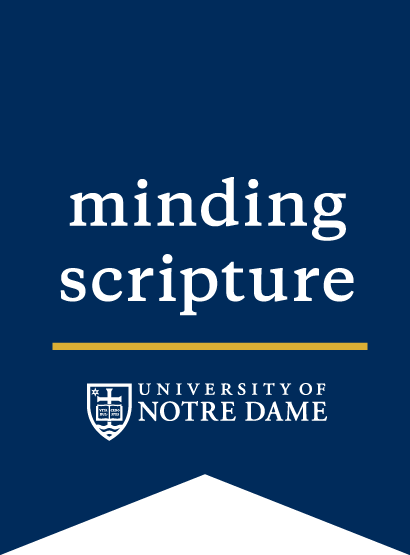Show Notes
This episode, we welcome distinguished New Testament scholar, Amy-Jill Levine, who is the world expert on the Jewishness of the New Testament. Dr. Levine has been reading the New Testament as a chapter in Jewish history for a long time. Growing up as a Jew in a Portuguese Roman Catholic neighborhood in Massachusetts, she was intrigued by her friends’ worship, feasts, and statues — and the stories and parables sounded just like the Jewish stories she head in Hebrew school. But when another girl on the bus told her, “You killed Our Lord,” that prompted the question: How could this tradition be so Jewish, but lead to anti-Jewish sentiment as well? Questions like these launched an academic career in reading the New Testament and Jesus as moments in Jewish history, prompting both Christians and Jews to appreciate the Jewishness of the New Testament and Jesus. As she says in this episode, “The more I study the New Testament, the better Jew I become. If we want to understand our neighbors better, as a sign of respect, and if we want them to understand Jews and Judaism as something more than the Shoah, the state of Israel, and Fiddler on the Roof, then I want to understand Christmas and Easter as something more than just a thing at the mall.”
Prof. Levine engages questions like, Why are anti-Jewish readings of the New Testament just bad readings of the text? What are some of Jesus’ parables that are clarified by reading them as Jewish parables? What does it mean for Jews to study the New Testament, either academically or as part of their self-understanding as Jews? Was there such a thing as “normative” Judaism at Jesus’ time, over-against which Jesus comes across as an aberration? What’s the difference between saying “Bible,” instead of “Old and New Testaments”—or saying “Hebrew Bible” or “Old Testament” instead of “Tanakh?” Is there any sense to term “Abrahamic religions” as an umbrella for Judaism, Christianity, and Islam?
Dr. Levine’s conversation also takes us into feminist takes on Luke, Matthew, and the infancy narratives—where she is a leading expert—and into the problem of Christians not recognizing anti-semitism in some standard ways of preaching, teaching, and regarding the Old Testament. If a standard “naïve” Christian view of the Old Testament sees it as “the Less Good Testament,” or an account of some inferior God unrelated to Jesus, what’s a better reading? How can a deepened knowledge of Judaism nourish the theological imagination of Christians?
Further Reading
- George Foot Moore, The Literature of the Old Testament, 1913
- Joseph Klausner, Jesus of Nazareth: His Life, Times, and Teaching, 1921
- Amy-Jill Levine, The Jewish Annotated New Testament, 2017
- Amy-Jill Levine, The Misunderstood Jew: The Church and the Scandal of the Jewish Jesus, 2007
- Amy-Jill Levine, Light of the World: A Beginner’s Guide to Advent, 2019
- Amy-Jill Levine, The Gospel of Luke (New Cambridge Bible Commentary), 2018
- Amy-Jill Levine, Sermon on the Mount: A Beginner’s Guide to the Kingdom of Heaven, 2020
- Amy-Jill Levine, Feminist Companion to the New Testament and Early Christian Writings
- Amy-Jill Levine and Douglas A, Knight, The Meaning of the Bible: What the Jewish Scriptures and Christian Old Testament Can Teach Us, 2012
- Francesca Aran Murphy, The Oxford Handbook of Christology, 2018
- E.P. Sanders, Paul and Palestinian Judaism, 1977
- E.P. Sanders, Jesus and Judaism, 1985
- E.P. Sanders, The Historical Figure of Jesus, 1995
Featured Guest

Amy-Jill Levine is professor of New Testament and Jewish Studies at Vanderbilt Divinity School. She is the author of several books on the Jewishness of the New Testament and of many children’s books. With Marc Brettler she edited The Jewish Annotated New Testament. She is also the editor of the 13-volume Feminist Companions to the New Testament and Early Christian Writings.
Amy-Jill Levine
Professor of New Testament and Jewish studies, Vanderbilt University
IMAGE CREDIT: Minding Scripture Podcast
